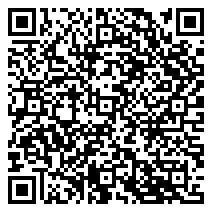US-based aid foundation E+Co has recently invested in a hydroelectric generator manufacturing plant to be constructed near Dali. This is the first Chinese application of its market-based approach to supporting environmentally sustainable ventures. Instead of grants, the group provides seed capital to clean energy entrepreneurs who have created a business model under its aegis.
E+Co's Chinese partner in the generator project will abandon a facility that produced only two turbines per year.
E+Co hopes to mimic its success in Thailand, where it backed a company that installed biogas generators in rural homes to ameliorate poverty and deforestation.
"Energy breaks the poverty cycle," Laura Colbert, communications director for E+Co China, told GoKunming. The idea is the nexus of the group's "triple bottom line" of intertwined financial, social, and environmental responsibilities.
"Three hours of energy at night means you can have a sewing machine and operate a seamstress business," she said.
Colbert compared E+Co's work in China to reinventing the wheel; the market-based approach is an improvement over grants, but adapting it to the Chinese economy demands creativity. If small-business loans become the future of the country's international aid it will prove an apt analogy.
To conform to Chinese regulations on foreign investment, the Dali company and E+Co entered into a joint venture, officially registered as an independent consulting firm.
Through E+Co 537 entrepreneurs worldwide have received $128 million. Projects that receive loans from E+Co vary in size and scope and are tailored to local needs. In Uganda, a small business received a loan to produce just a few dozen solar energy systems. These surgical solutions are funded by commercial and private investment and the United Nations' Rural Energy Enterprise Development initiatives.
© Copyright 2005-2025 GoKunming.com all rights reserved. This material may not be republished, rewritten or redistributed without permission.








评论
这篇文章还没有评论,做第一个评论人吧!
登录评论